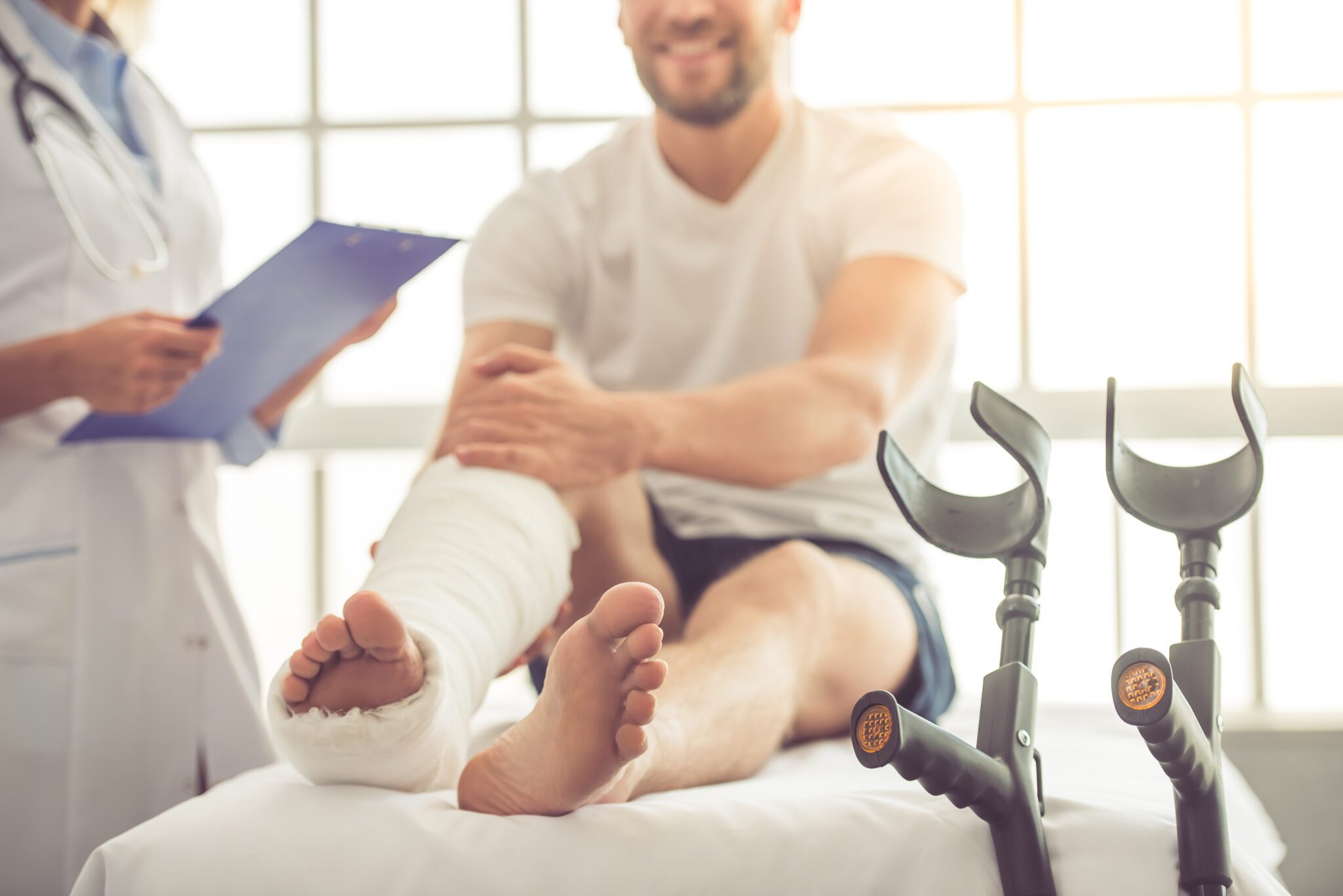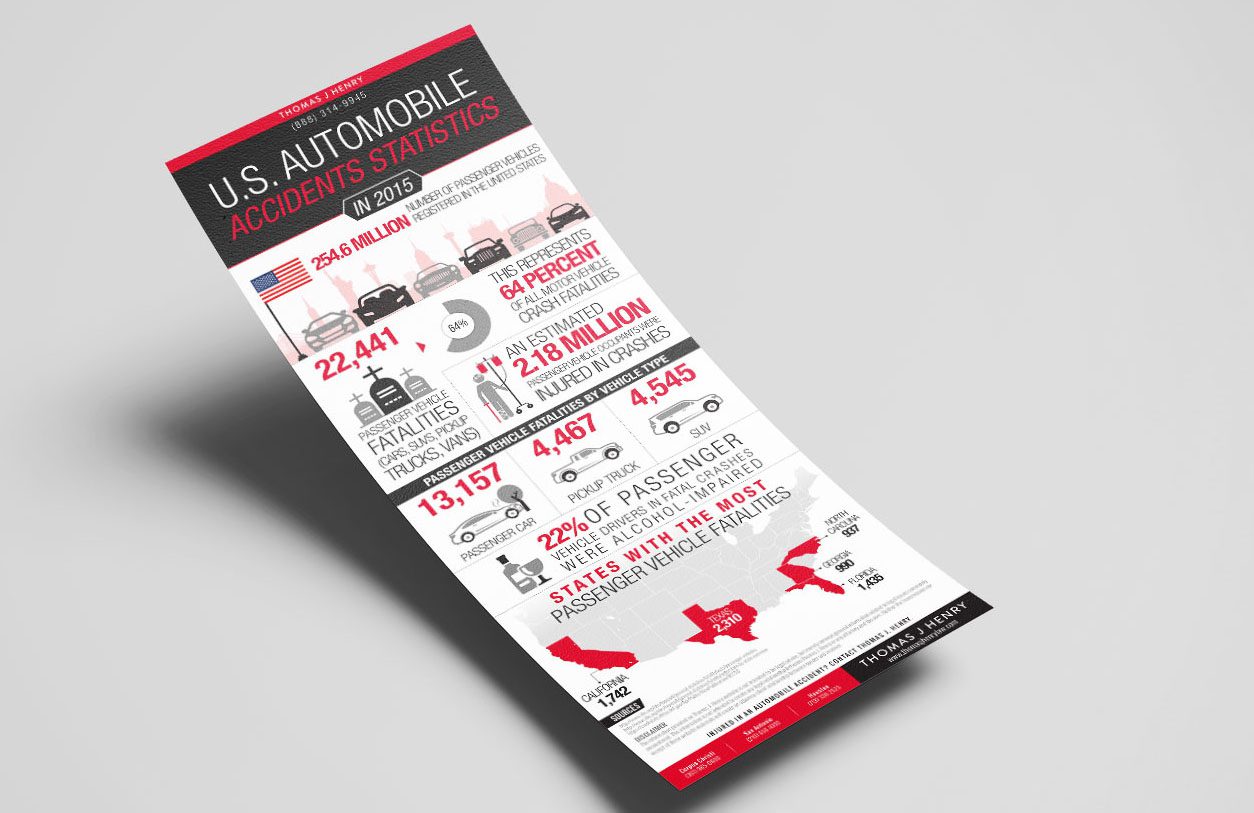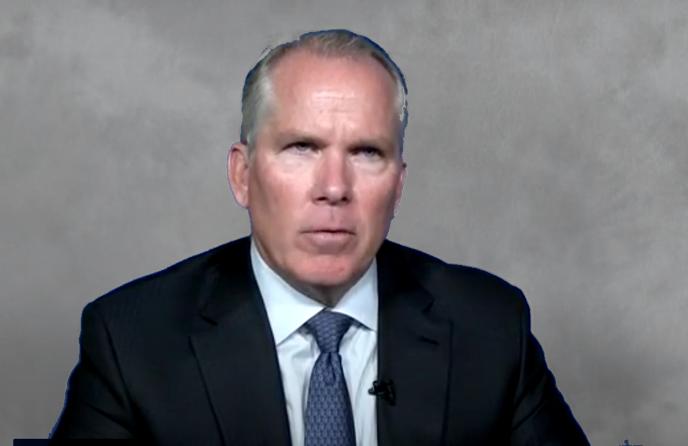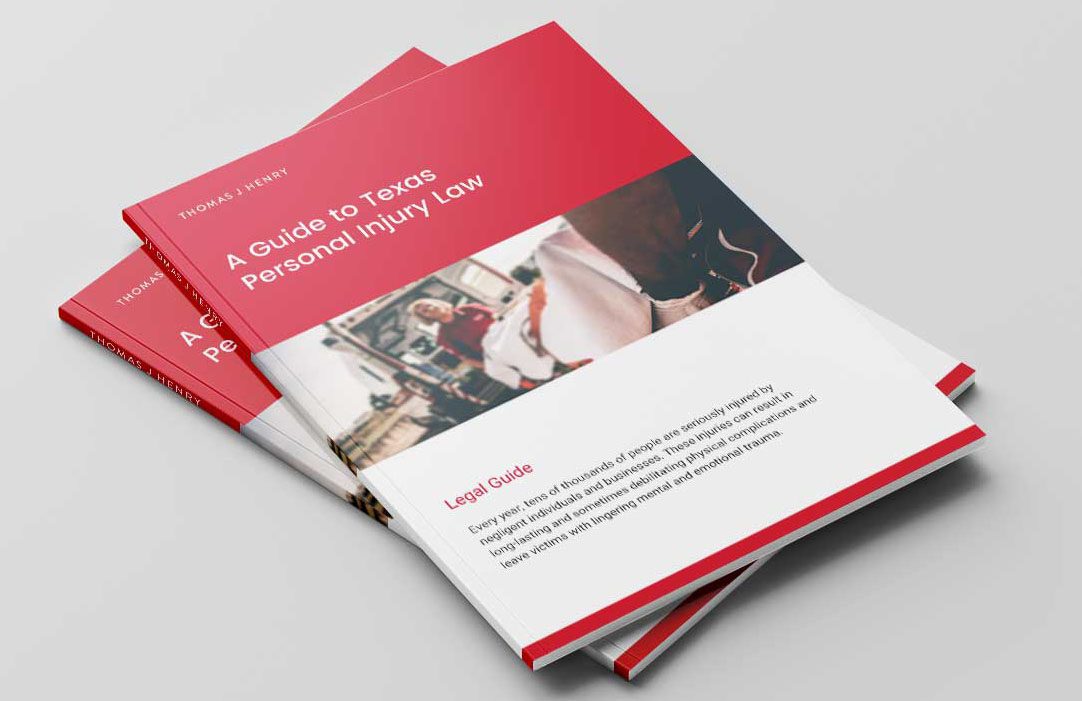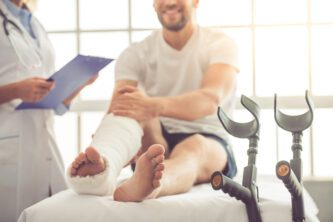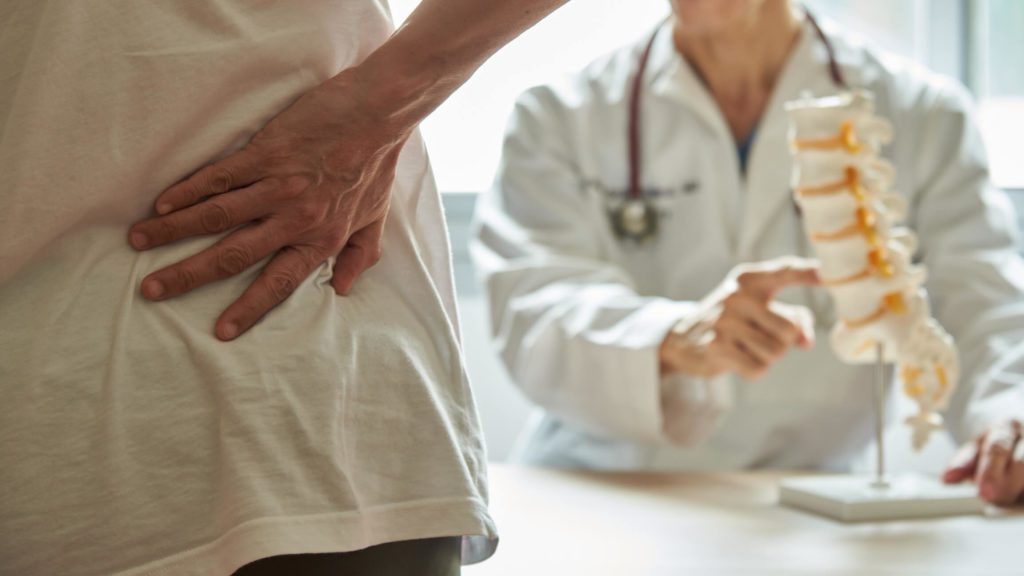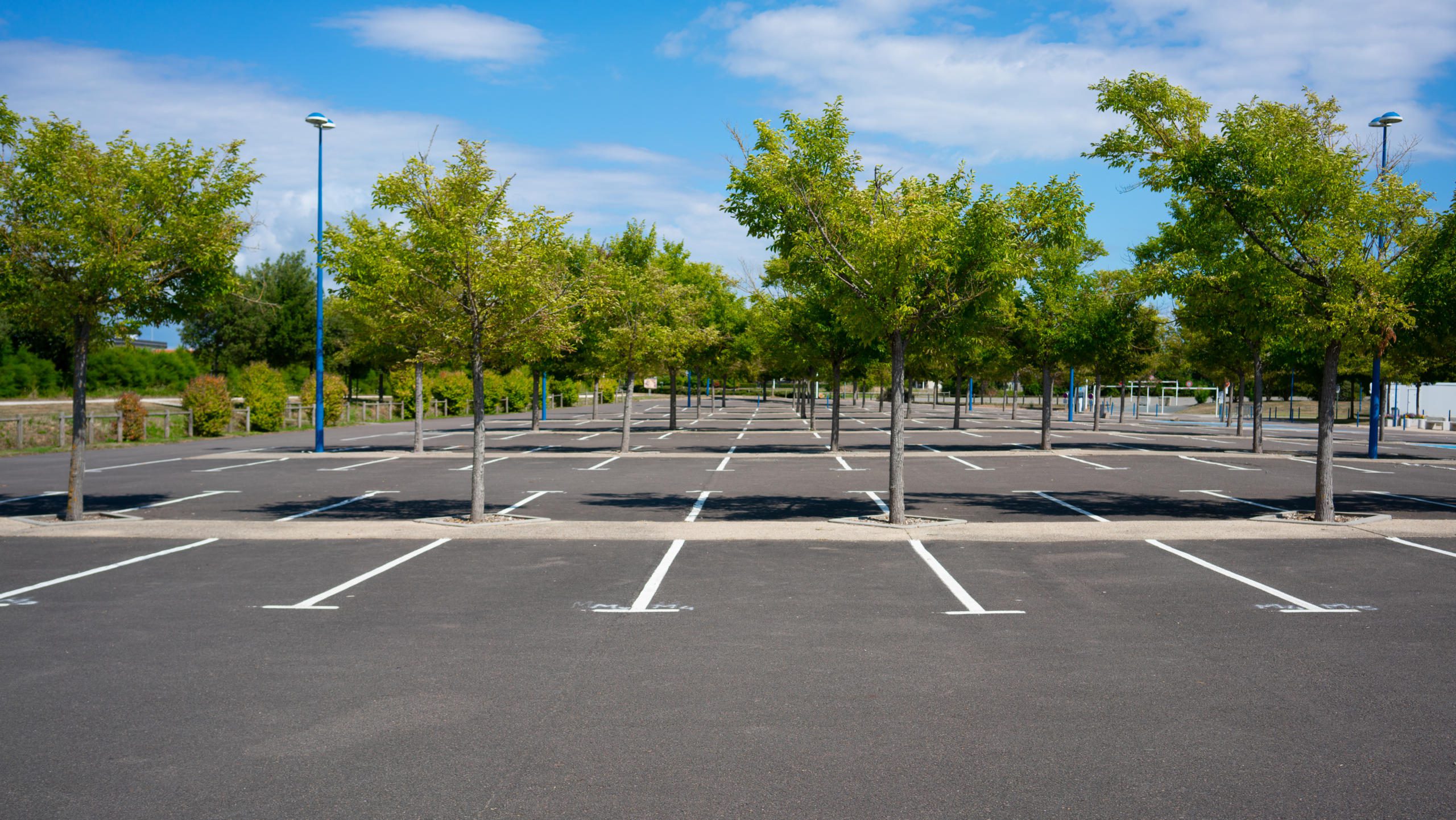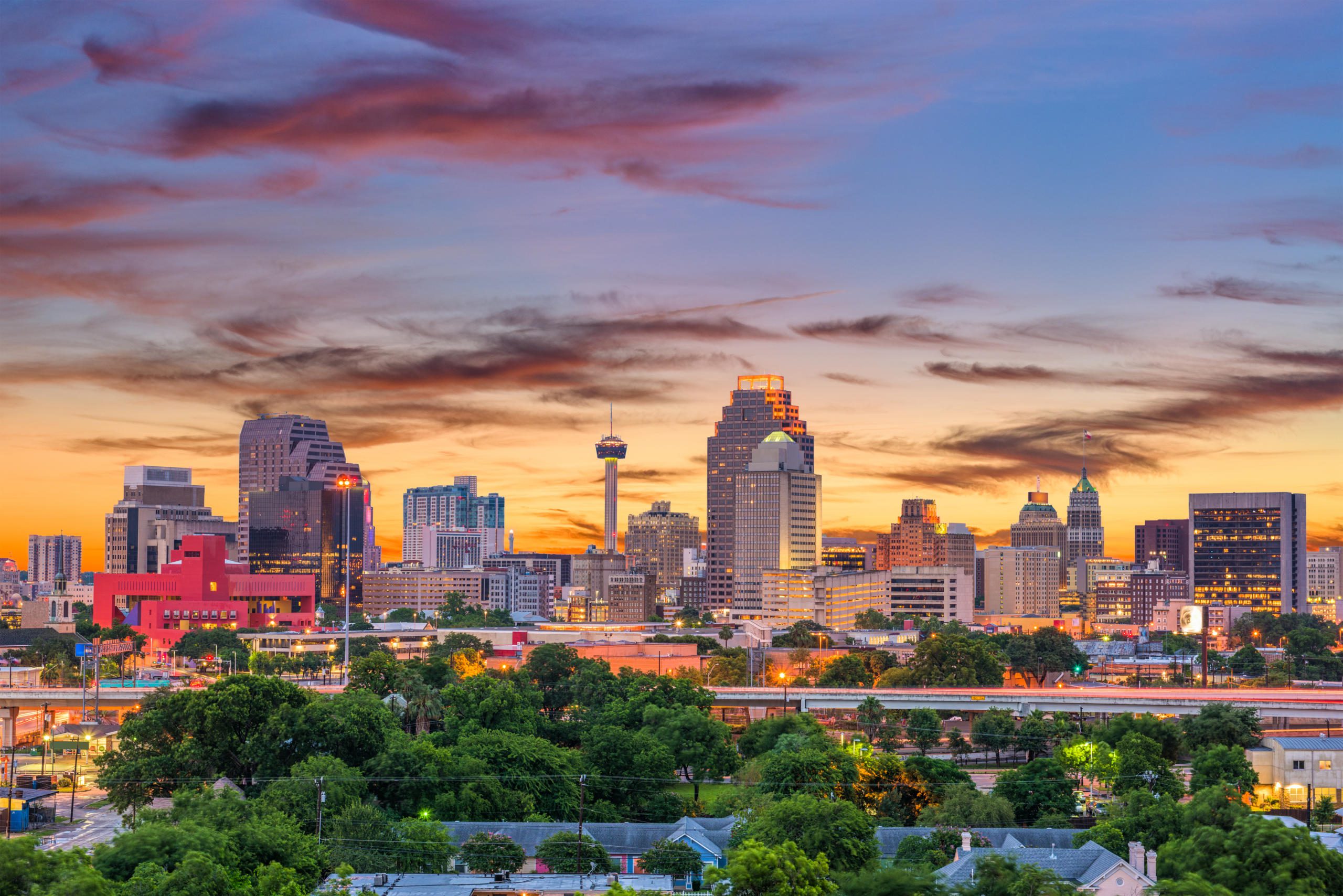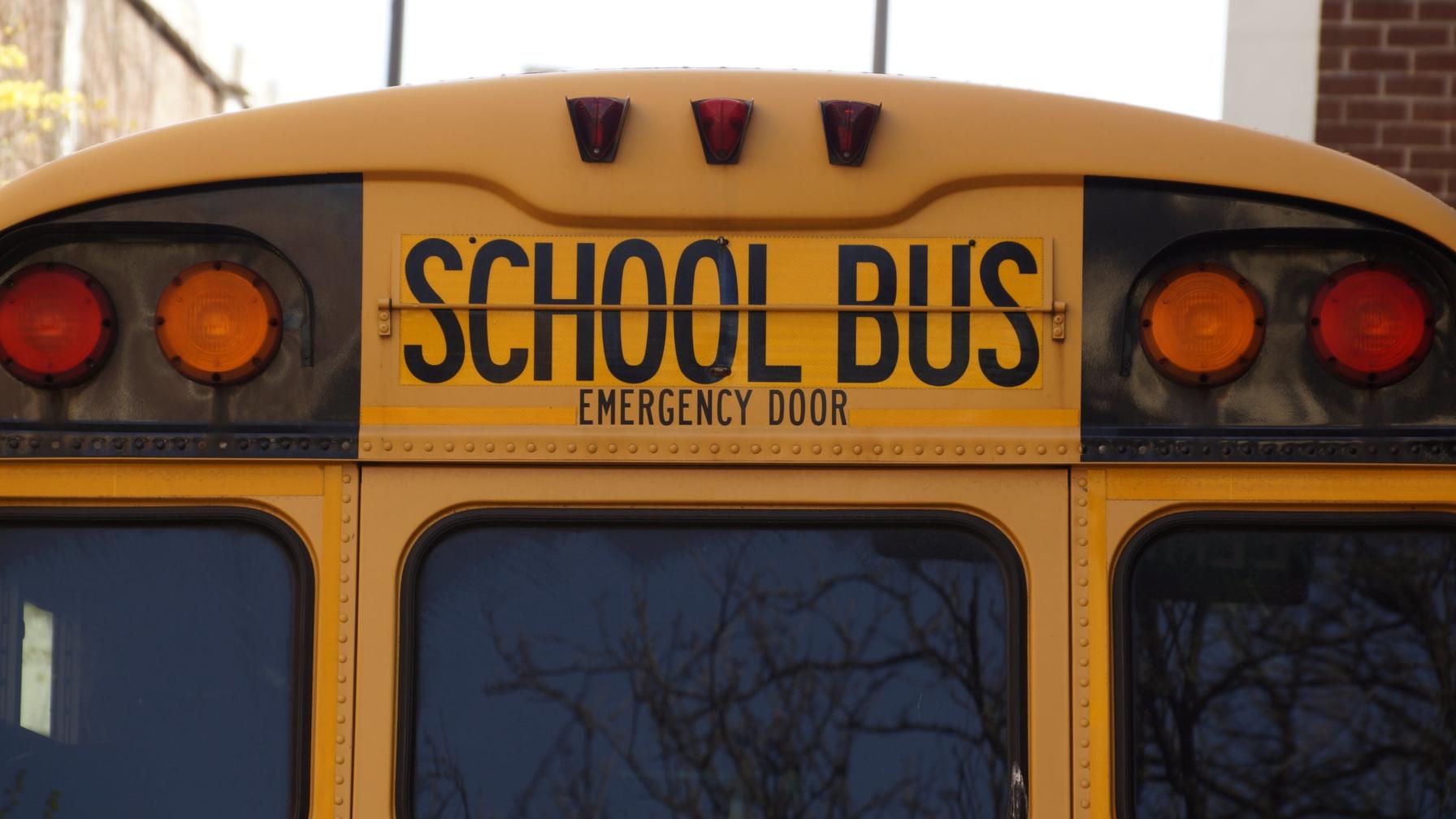On This Page
Slip and Fall Accidents Lawsuits
When a property owner fails to maintain their property or neglects to caution guests of potential dangers, it can prompt mishaps which are typically classified as “slip and falls.” These are among the most common types of accidents cited in premises liability claims. When a slip and fall does occur, victims can sustain serious injuries and may be entitled to financial compensation.
More than one million people need emergency medical care each year in the United States for slip and fall accidents, and the average hospital cost of a slip and fall is more than $30,000. Five percent of the cases have a broken bone and about 20-30 percent get seriously injured. Nearly one-third of adults over 65 fall each year. Slip and fall accidents cost Americans more than $34 billion each year.
The majority of slip and falls can be broken into the following two categories: how they occur and where they occur. Common locations where Slip and Fall Accidents typically occur are grocery stores, small businesses, private homes, hotels and resorts, and public places and parks. Typically, store owners and homeowners have insurance to cover these kinds of incidents.
How many slip and falls occur include:
- Icy walkways
- Cluttered floors
- Inadequate lighting
- Wet or slippery floors
- Ditches, trenches or potholes
- Damaged sidewalks
Negligent Security Lawsuits
Negligent security is another common type of premises liability accident in Texas. Negligent security occurs when property owners fail to provide reasonable or adequate security on their grounds for foreseeable criminal acts, including robbery, rape, assault, or battery. Criminal activity may be considered foreseeable if similar crimes have previously occurred on the premises or in the area.
Negligent security cases can occur in a variety of settings, both residential and commercial:
- Apartment building or complex
- ATMs
- Bars, nightclubs, or lounges
- College dorm
- Convenience store
- Hotel or motel
- Movie theaters
- Office buildings
- Parking garage
- Parking lot
- Parks and recreational areas
- Retail store
- Schools
- Shopping mall
Every negligent security case is different, and the definition of adequate security will differ depending on the premises and foreseeable crime. Examples of adequate security include security officers, adequate lighting, functioning locks or key-in entry, and security cameras or alarms.
The responsible party in a negligent security lawsuit can be the property owner, security contractors, security personnel, property lessees, business owners, or landlords.
Contact an Experienced Premises Liability Injury Lawyer in Texas
If you or a loved one sustained an injury due to the negligence of a property owner, you may be entitled to compensation. Our experienced team of premises liability accident lawyers and attorneys for slip and fall accidents are available 24/7, nights and weekends to evaluate your claim. Premises liability lawsuits can be complicated, but Thomas J. Henry Law has decades of experience and the legal resources to develop your case properly and put you in the best position possible to achieve real results.
Contact our personal injury lawyers for slip and fall accidents today for a free case review. Our firm has offices in Corpus Christi, San Antonio, Dallas, Austin, and Houston, serving clients across Texas and nationwide.
